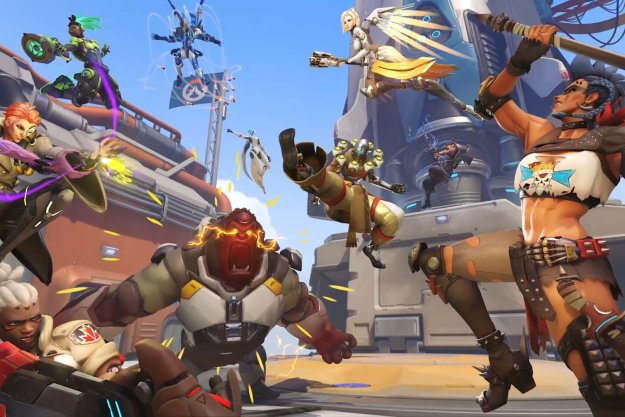
This week saw Blizzard reveal its earnings for the past quarter and along with confirming that it had as many as 400 million active players across its and Activision titles over the past three months, it also detailed some new games it had in the works. Company co-founder Mike Morhaime talked about them in vague terms during a discussion of the earnings report, though he did state that most staff remained focused on existing franchises (via Gamespot).
However, that’s not to say that star talent isn’t working on anything new. Morhaime reminded those listening in to the call that fellow Blizzard co-founder, Allen Adham, had come back to the Blizzard fold last year in order to head up teams working on the incubating projects.
Describing the intellectual property pipeline at Blizzard as better than ever, Morhaime said that the company was also looking into alternative platforms like mobile for future developments.
“We now have multiple dedicated incubation teams that are being led by some of our most experienced game designers at Blizzard,” Morhaime said. “I should say that creating new, Blizzard-quality games on any platform will take time. And as we’ve shown in the past, we’re not going to release any games that we don’t feel live up to our expectations or those of our players.”
These won’t be niche ideas though. Much like Blizzard’s other large franchises, it will be looking to capture big audiences with new projects, with Morhaime saying that not only would new developments have wide appeal, but that they would be projects the developers were passionate about.
This is an ethos that we’ve seen play out with Blizzard in the past. Its expected successor MMO to World of Warcraft, Titan, was canceled after many years in development when Blizzard felt it wasn’t up to the standard of the company’s other games.
Editors' Recommendations
- Overwatch 2’s story-driven PvE missions are being abandoned by Blizzard
- Every key detail from Xbox’s business update: new console, multiplatform games, and more
- These Activision Blizzard games need to come to Xbox Game Pass this year
- Microsoft gives Activision Blizzard cloud gaming rights to Ubisoft
- Overwatch 2 is coming to Steam, and more Blizzard games may soon be on the way




